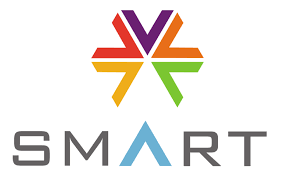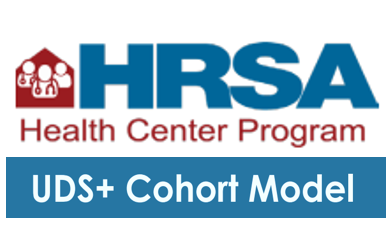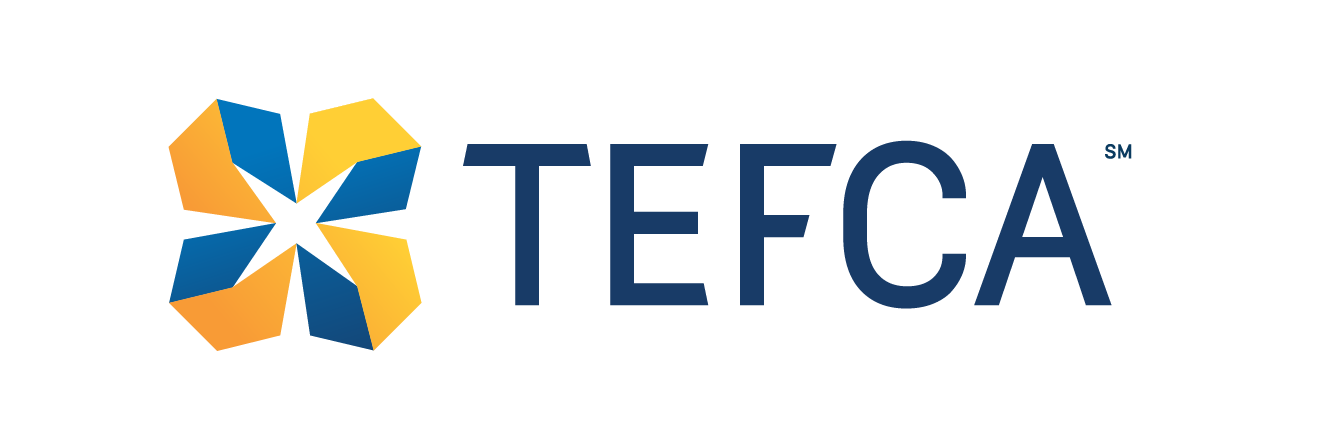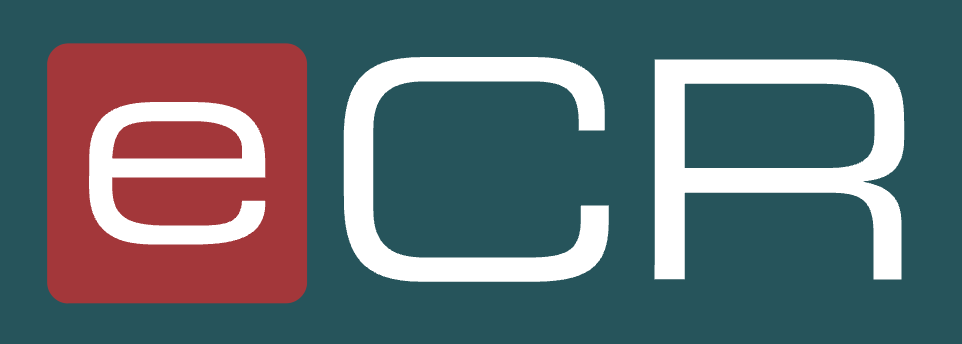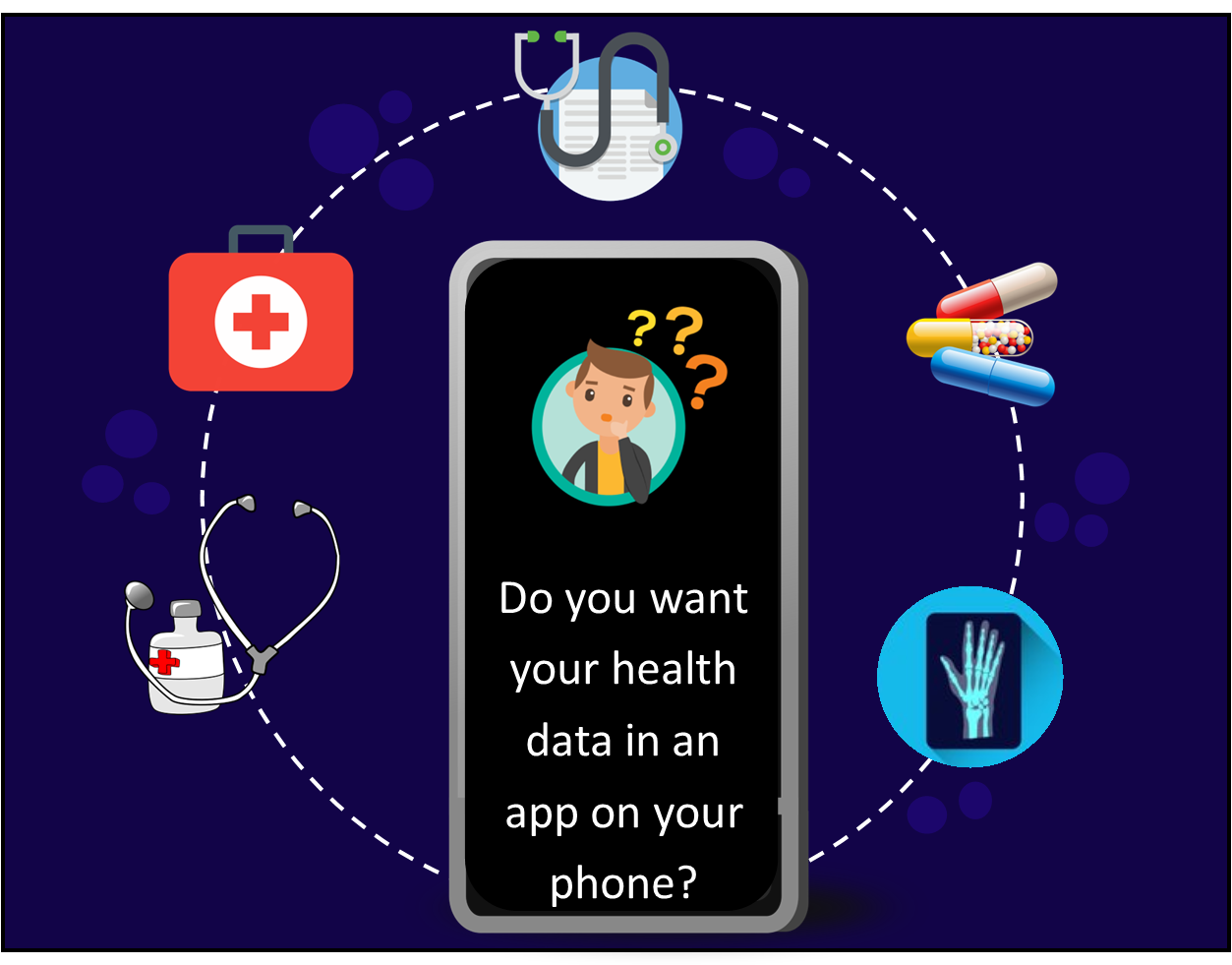
Dynamic FHIR API provides leading-edge ONC-certified interoperability functionality
The Dynamic FHIR® API makes health information broadly available using FHIR®, a set of clinical interoperability resources under the umbrella of the HL7 standards organization. Dynamic FHIR® API can be implemented as a stand-alone product or as part of the DHIT suite of applications. The API provides leading edge interoperability and meets ONC EHR Certification requirements 170.315(g)(7, 9) and (g)(10) Bulk FHIR (Flat FHIR).
Dynamic FHIR® API + Bulk FHIR® leverages FHIR® R4 and SMART on FHIR® Core Capabilities:
- Standalone Patient Launch (g)(7), (g)(9) & (g)(10)
- EHR Practitioner Launch (g)(7), (g)(9) & (g)(10)
- Bulk FHIR® with Backend Service Authorization (g)(10)

Launch Type Use Cases
Patient/Practitioner access from a 3rd Party App
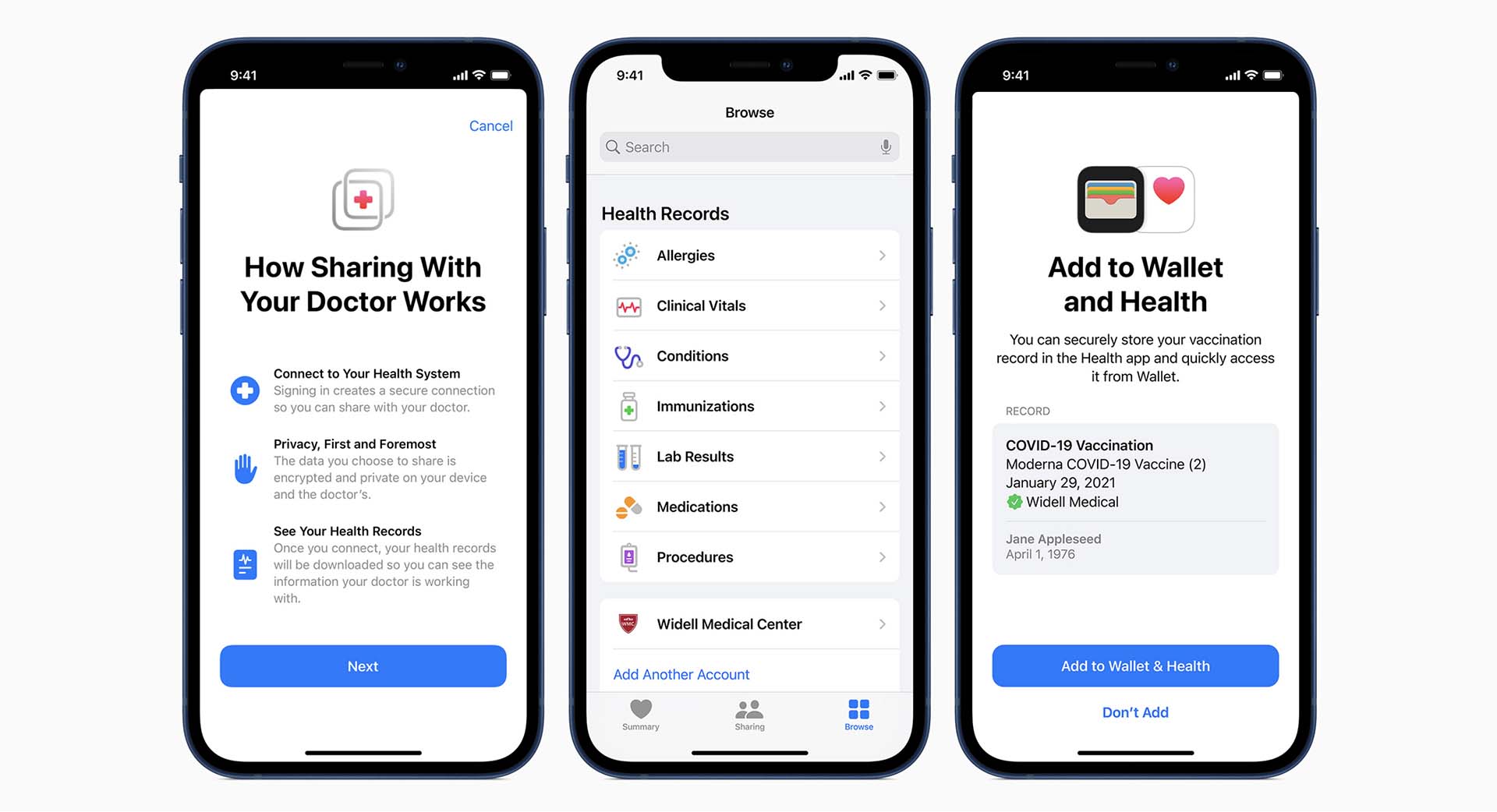
Real World Use Cases:
- A patient/practitioner views patient PHI via Apple Health
- A patient/practitioner accesses PHI through a SMART 3rd party app
Patient Access 3rd Party App within a Patient Portal
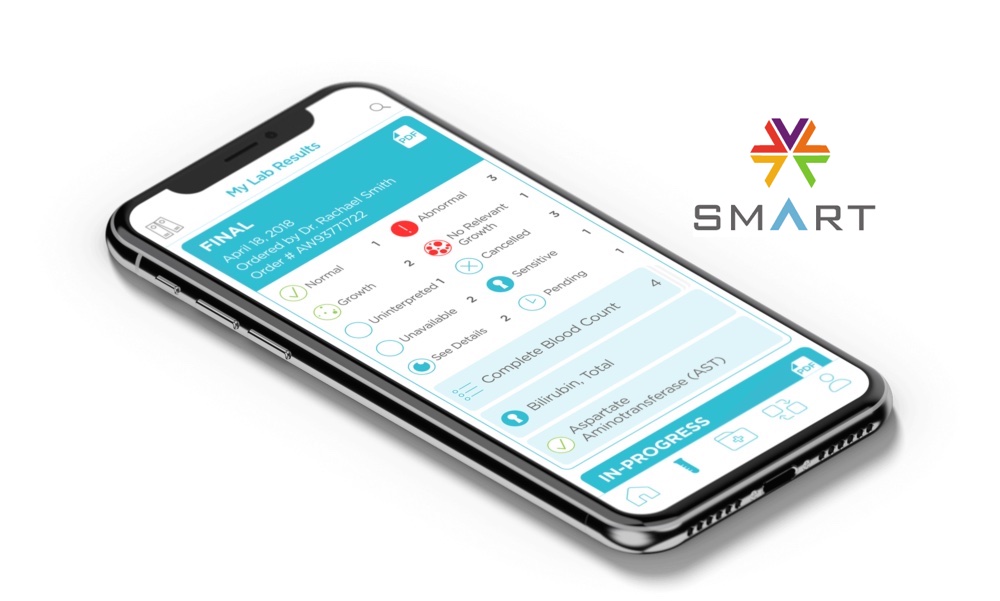
Real World Use Cases:
- PHR MyLinks launch inside portal
- A patient accesses lab results from inside portal
- A patient accesses a growth chart from inside portal
Practitioner Access to a 3rd Party App from within the EHR

Real World Use Cases:
- A Practitioner logs into their EHR System to view PHI for a patient via a SMART 3rd party app
Backend Services for Bulk Data
Folder Drop (Client/Server Side) to ConnectEHR + Bulk FHIR® (Server Side)
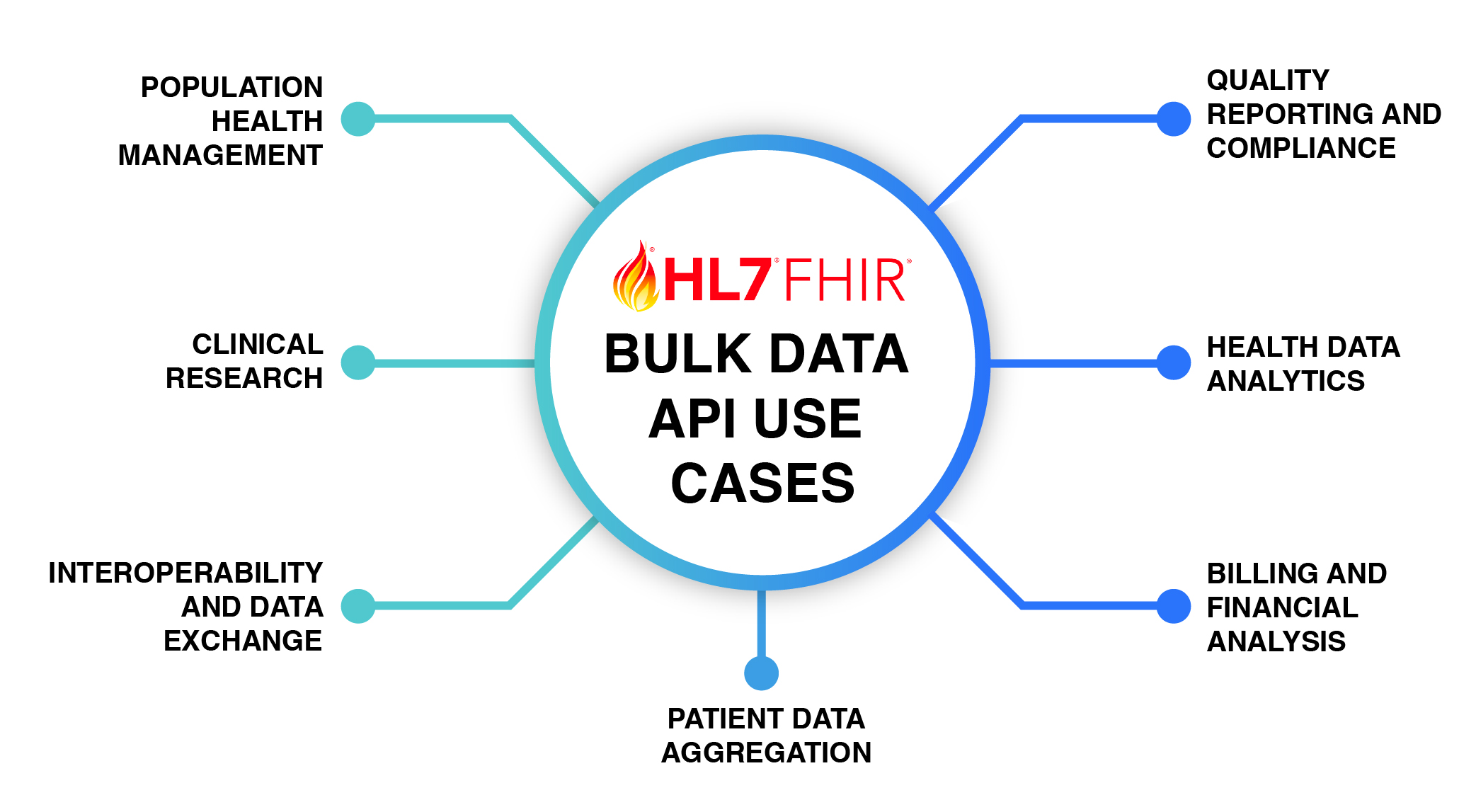
Real World Use Cases:
- EHR Systems and population health tools implementing FHIR® as an interoperability layer
- Financial Systems implementing FHIR® as an interoperability layer
Other Use Cases
Do you need to upgrade from 2015 Edition Cures Update to HTI-1 requirements?
Dynamic FHIR API is certified for 170.315(g)(7), (g)(9) & (g)(10). Bolt-on and re-certify our software or instruct your clients to use our certification.
Are you interested in onboarding the Apple Health app or other PHR apps?
SMART complements the FHIR standard by allowing diverse applications to interact in a standard way. Key components of this integration are security, authentication and patient context.
Do you need to submit de-identified patient-level data (UDS+) as part of the UDS Modernization Initiative?
DHIT’s CQMsolution supports UDS measures, creates QRDA I and QRDA III, and aids in submission. Dynamic FHIR API with Datastore accepts EHR USCDI data, QRDA I’s or csv file (staged data) and transforms the data into FHIR resources for UDS+.
Are you prepared for FHIR exchange in TEFCA?
Ensure your EHR system adheres to interoperability standards such as HL7 and FHIR . Whether via FHIR, CCDA or custom API, we can enable integration with your chosen QHIN.
Can you implement eCR Now solutions?
Electronic Case Reporting (eCR) is the automated process of sending case reports from EHR to public health agencies. Using the FHIR-based eCR Now app makes public health disease reporting faster and easier.
Technical Features
- The data is populated into the DHIT FHIR server via receipt of a version 2.1 C-CDA
- It includes an optional FHIR Datastore and FHIR server. The FHIR Datastore can be populated from various sources such as HL7v2 messages, in addition to C-CDAs
- Delivers XML or JSON to API client of your choice
- Retrieves all USCDI data (versions 1-3) or a class of data (e.g. clinical notes, problems, labs, or medications)
- Implemented as a stand-alone product or part of the DHIT suite
- Secures the data using the HIPAA-compliant OAuth standard for user authorization
- The server is multi-tenant allowing health systems or EHR vendors to share a Dynamic FHIR server
- ConnectEHR’s Dynamic FHIR is providing FHIR API endpoints for 40+ EHRs and their Clinics and numerous hospital systems
Documentation
Dynamic FHIR Blogs
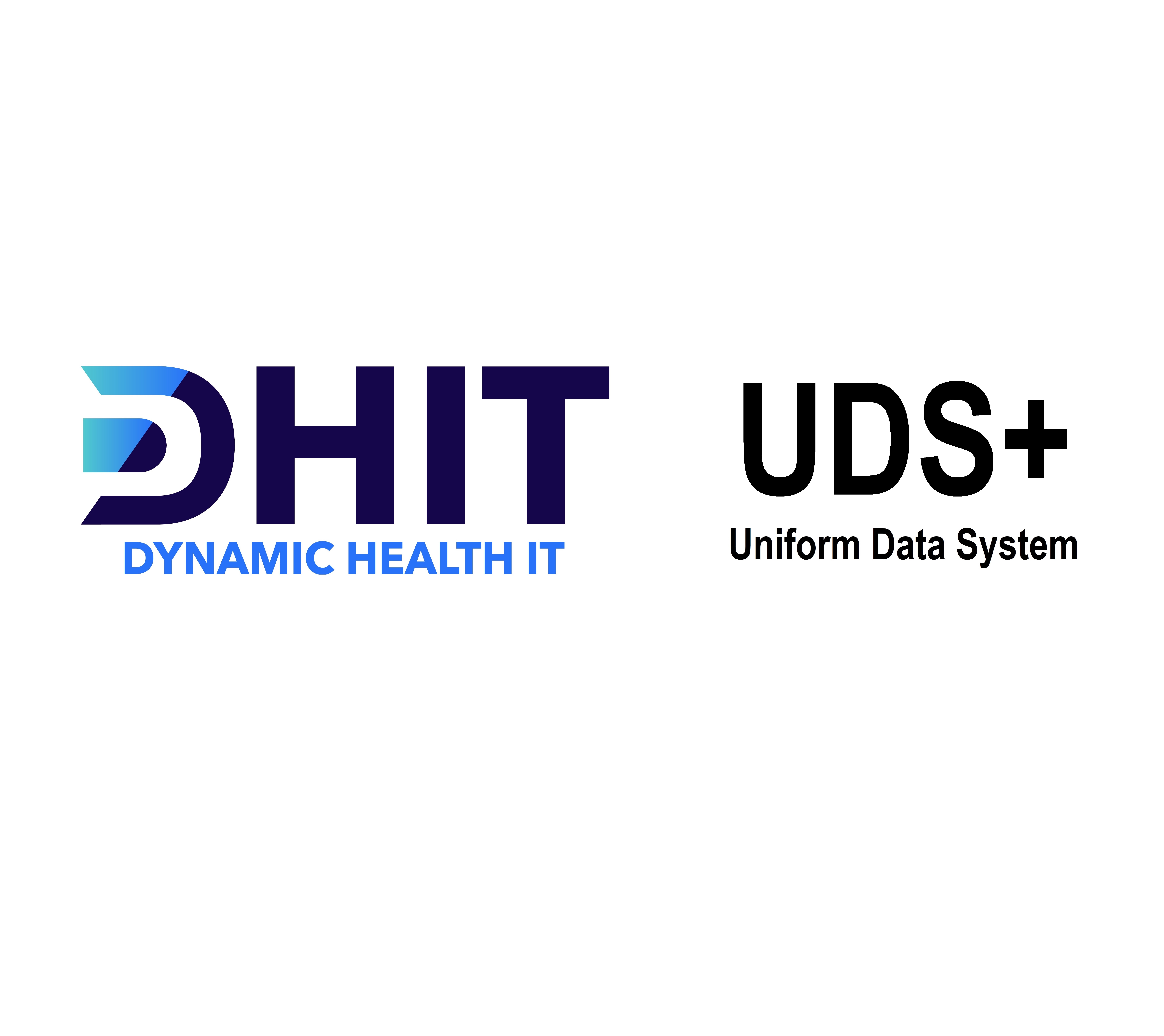
2025 is on FHIR
Fast Healthcare Interoperability Resources (FHIR)® is a powerful standard for representing and exchanging healthcare data that’s catching on like wildfire in the healthcare…
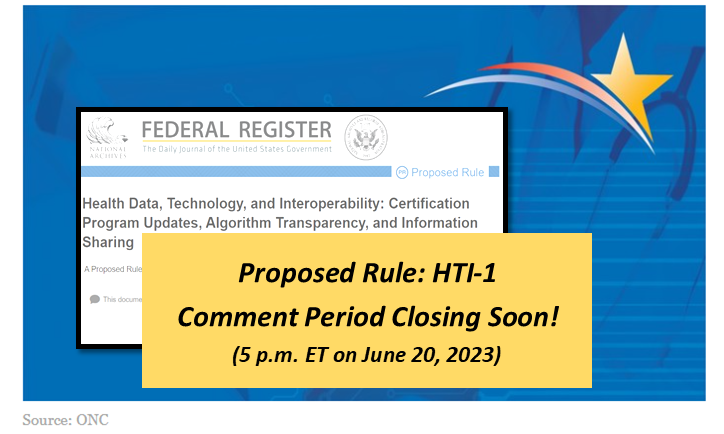
ONC HTI-1 Proposed Rule: What EHR Vendors Need to Know
What You Need to Know Like most of our EHR partners, DHIT is focused on the 170.315 (b)(10) end of year compliance deadline…

DHIT HL7 Trends and Collaboration
The DHIT team recently participated in HL7 events that are helping shape the future of healthcare data interoperability, including the FHIR Connect-a-thon and…


